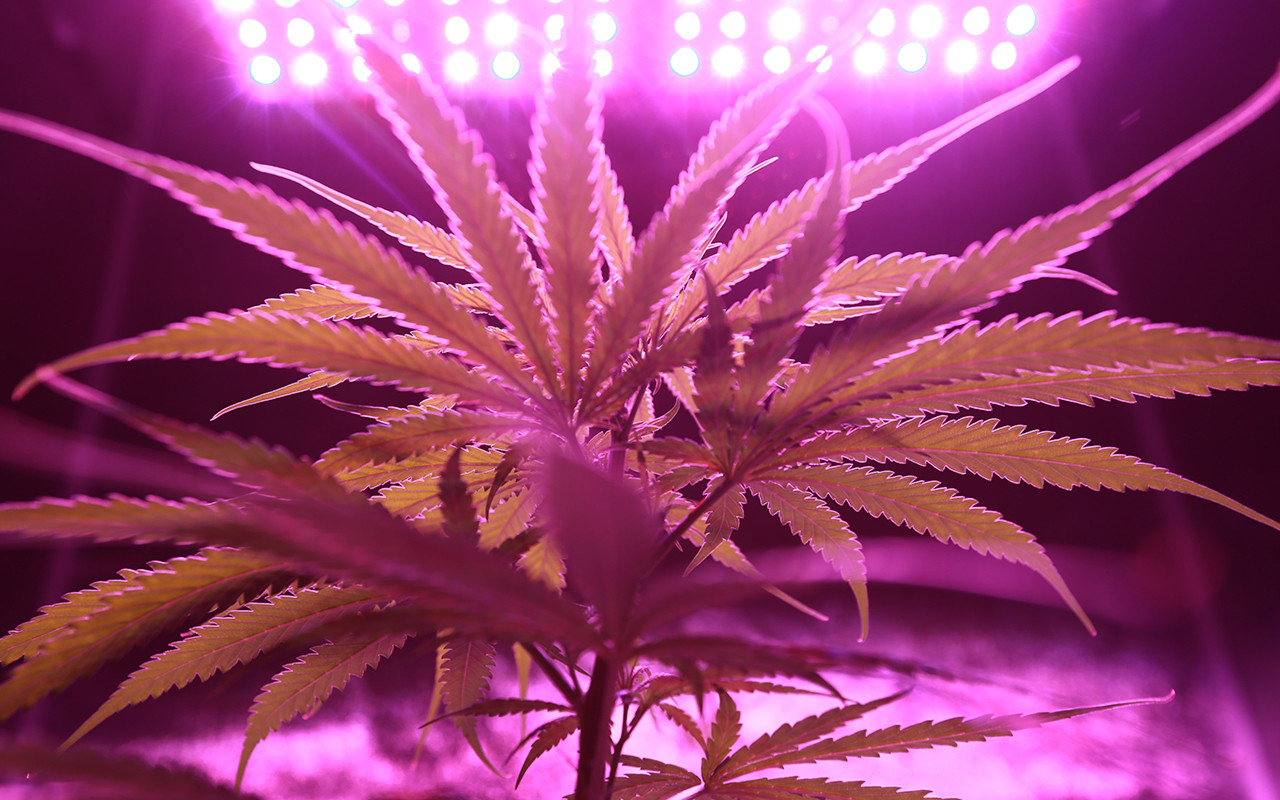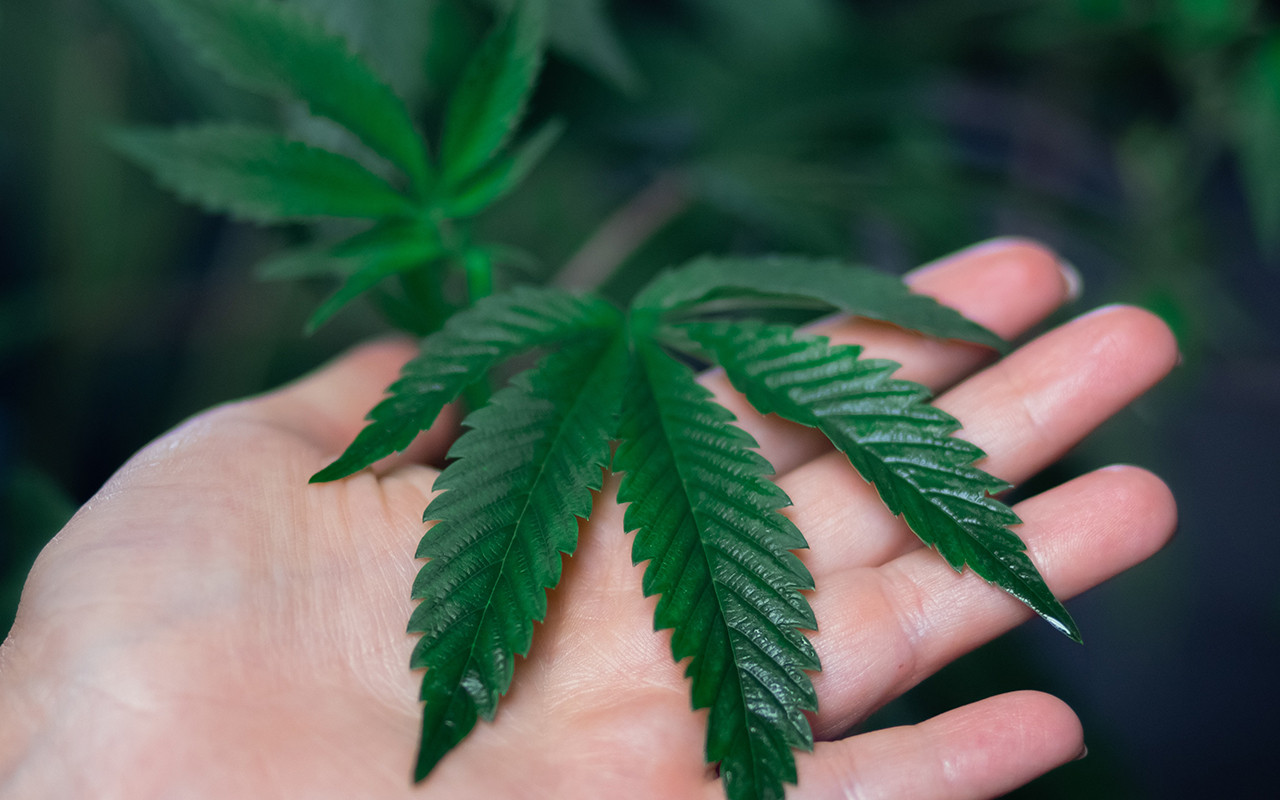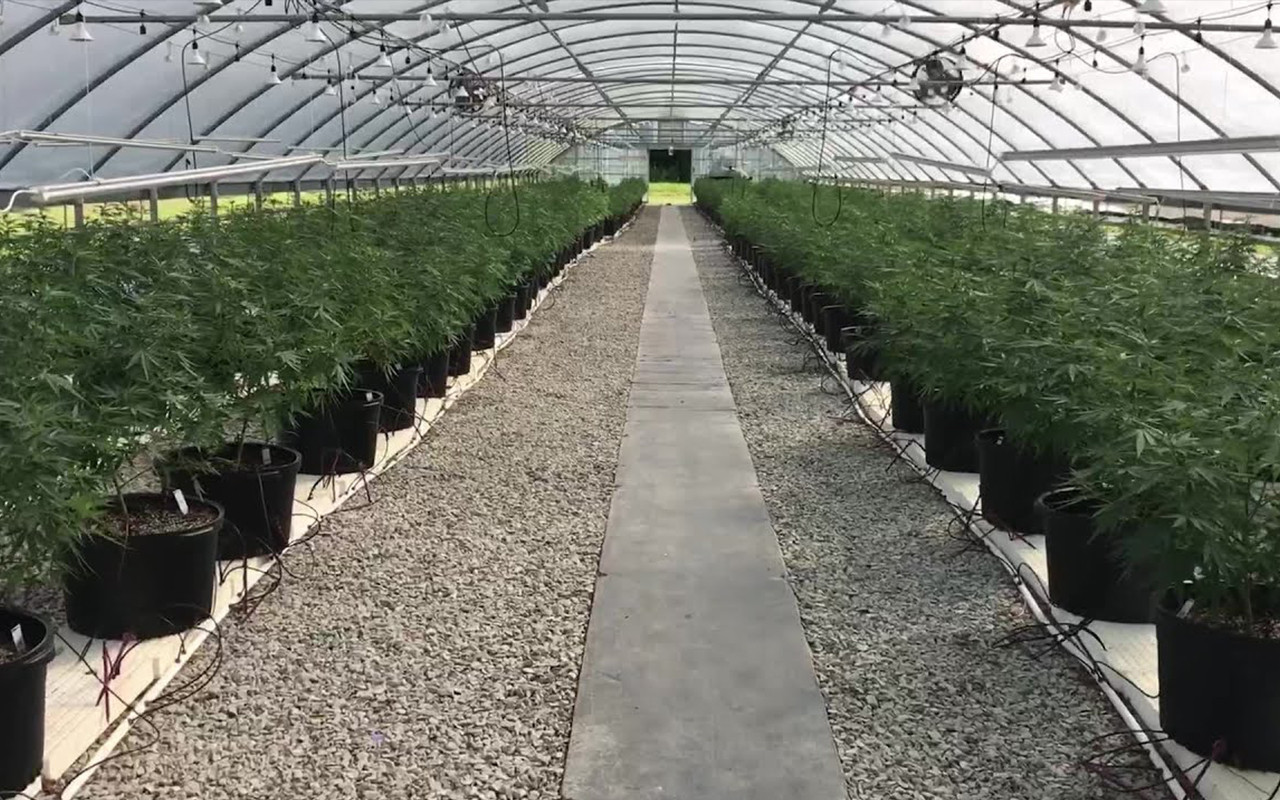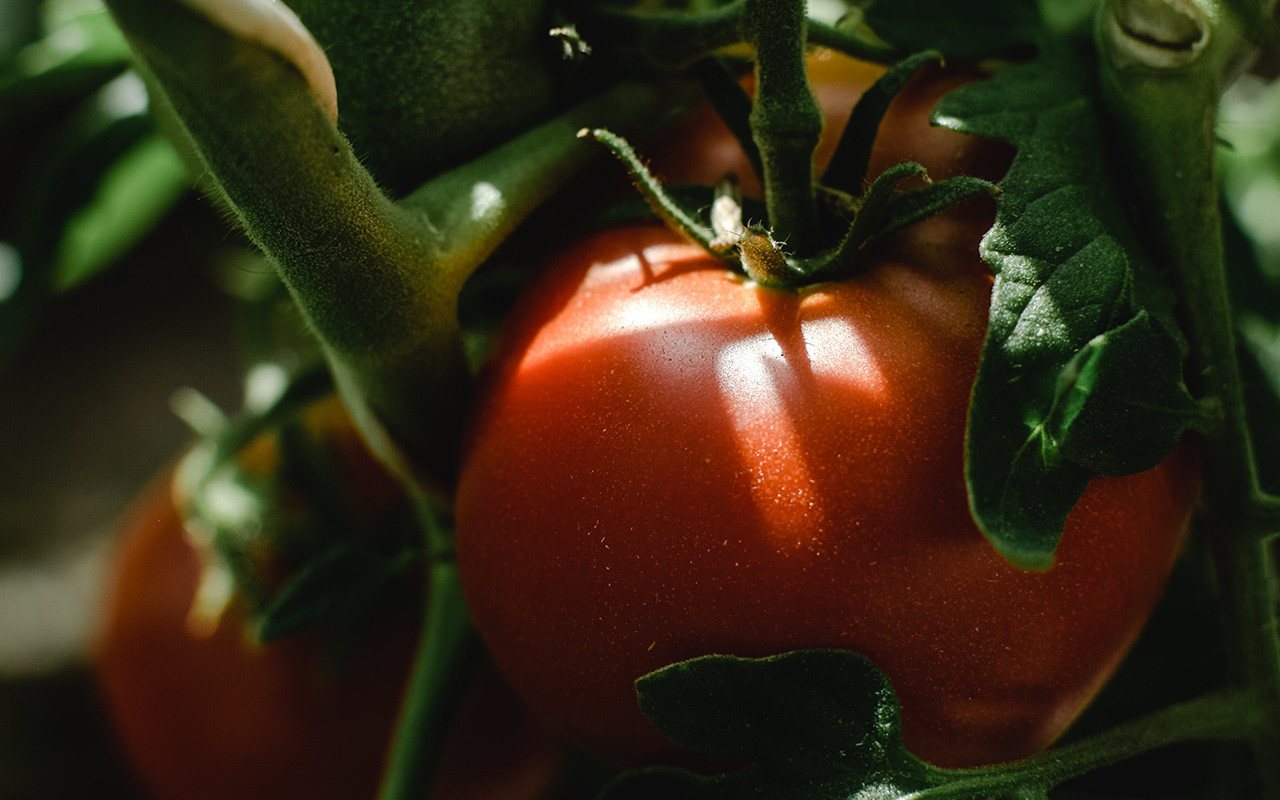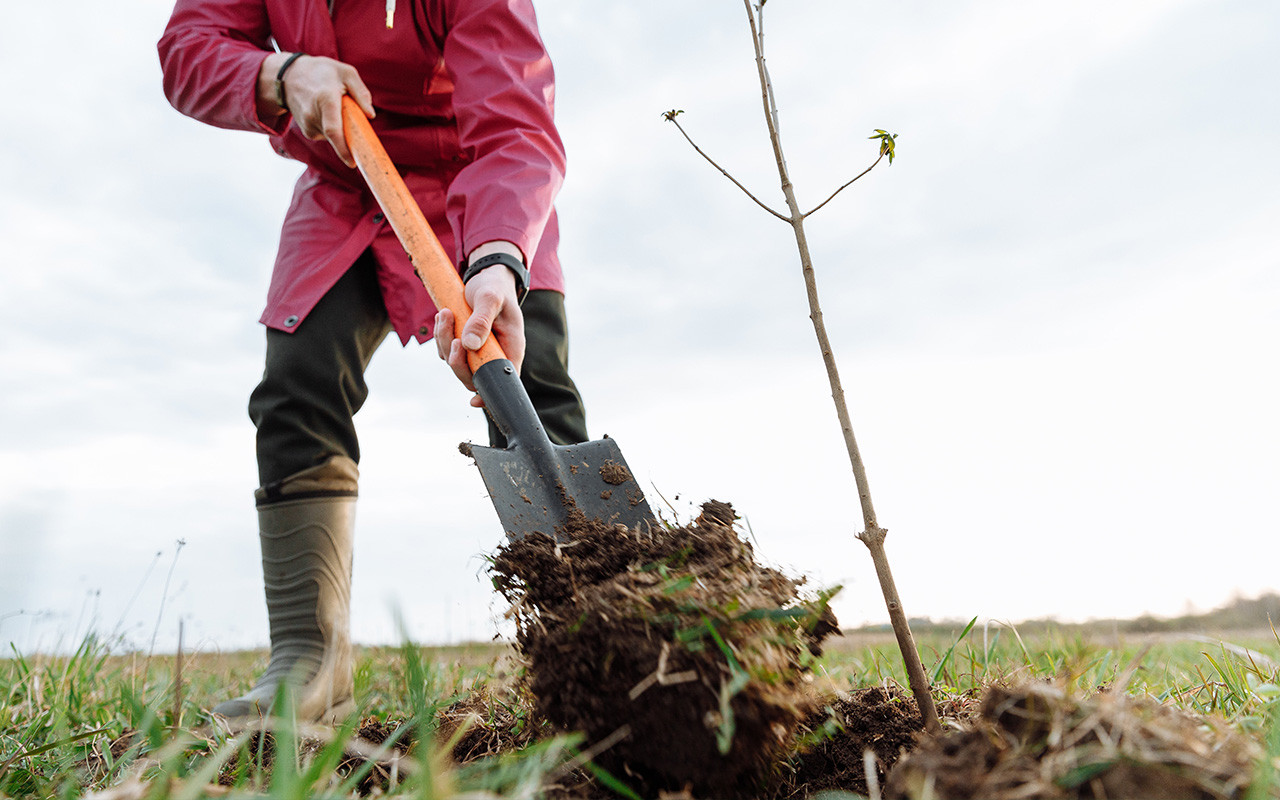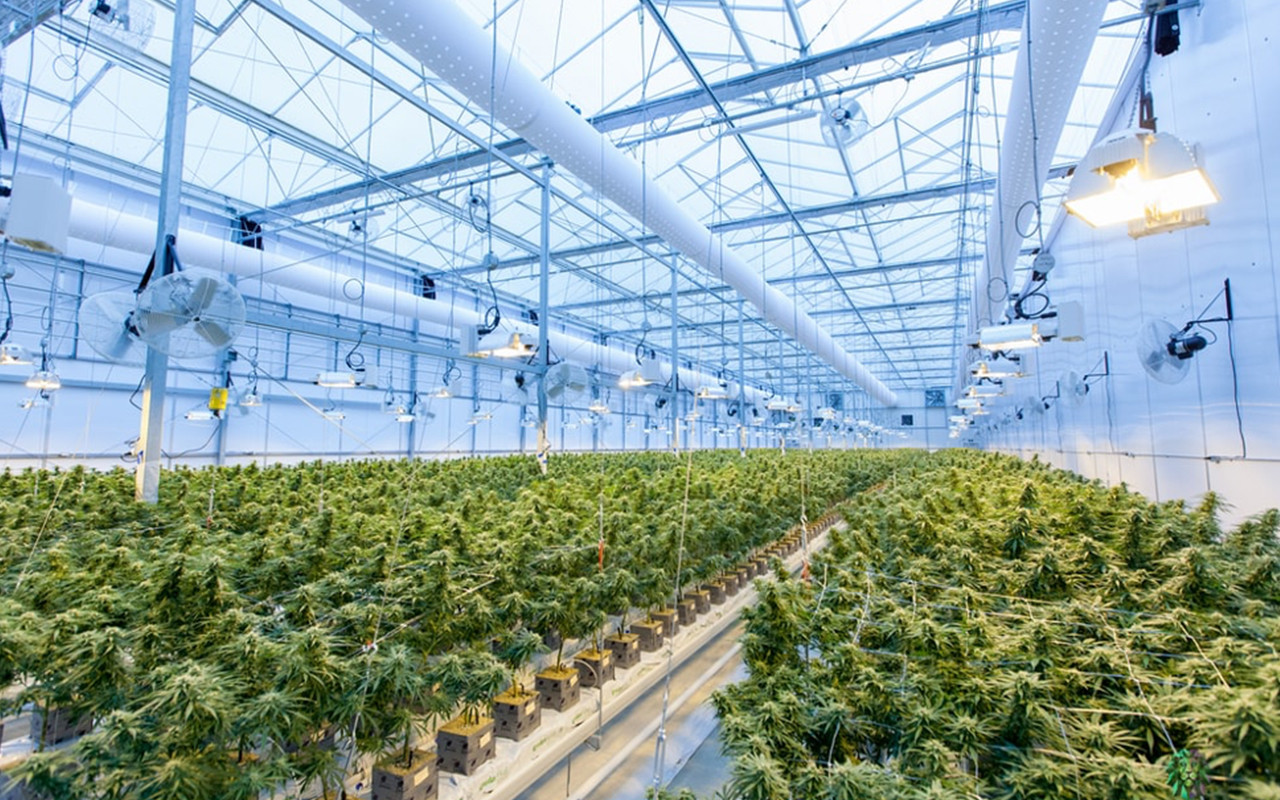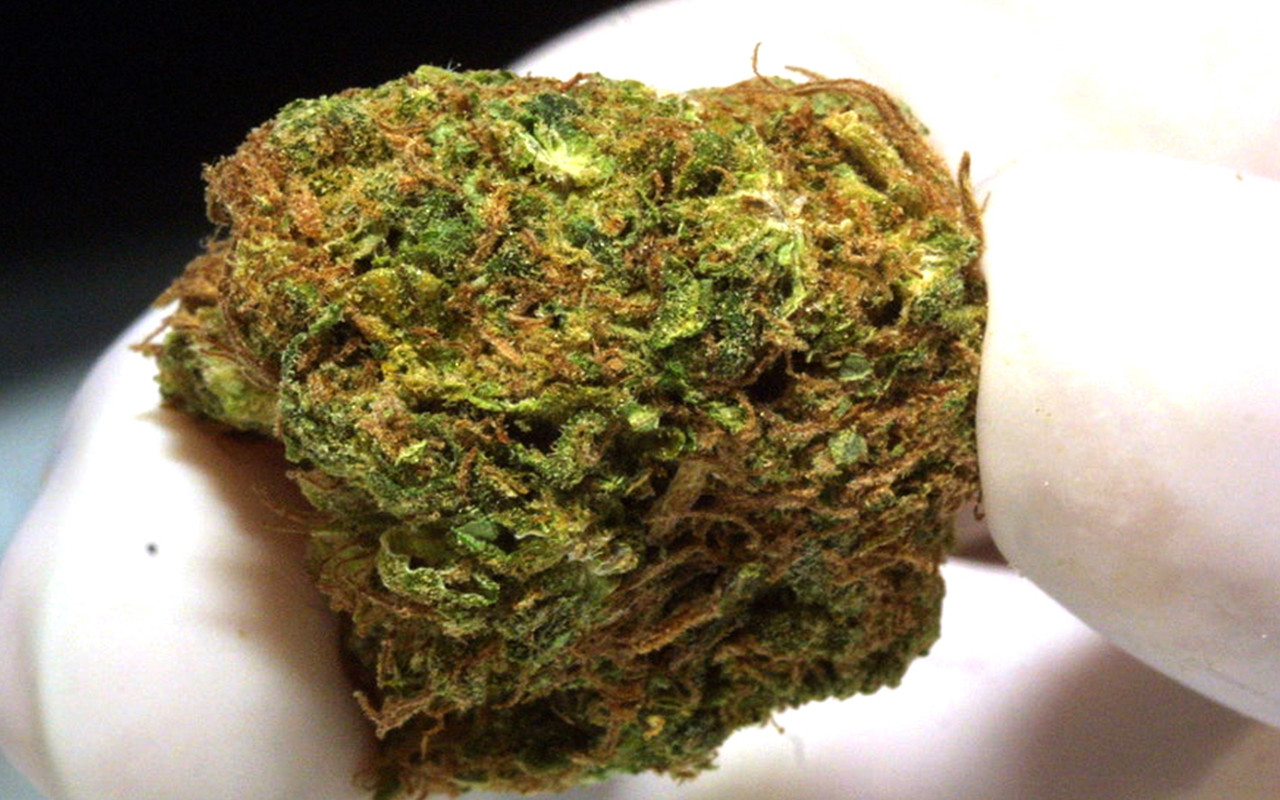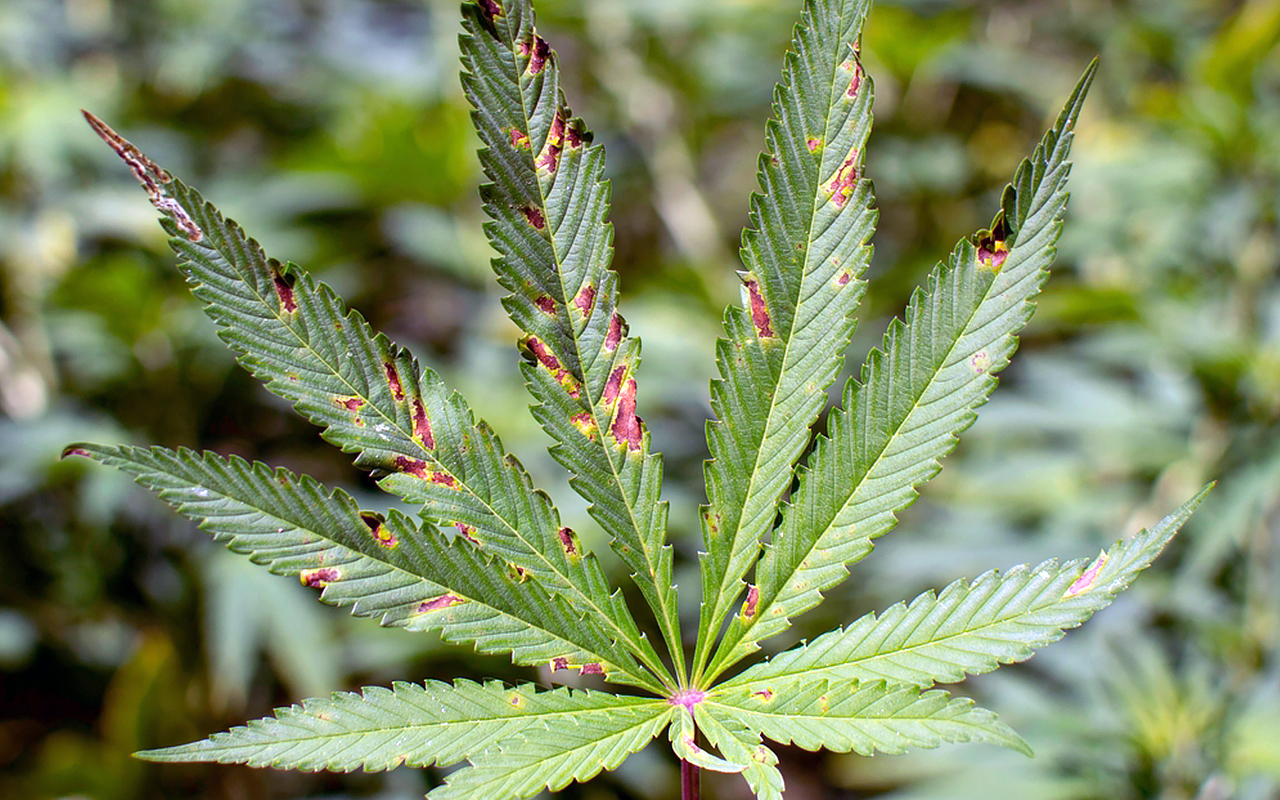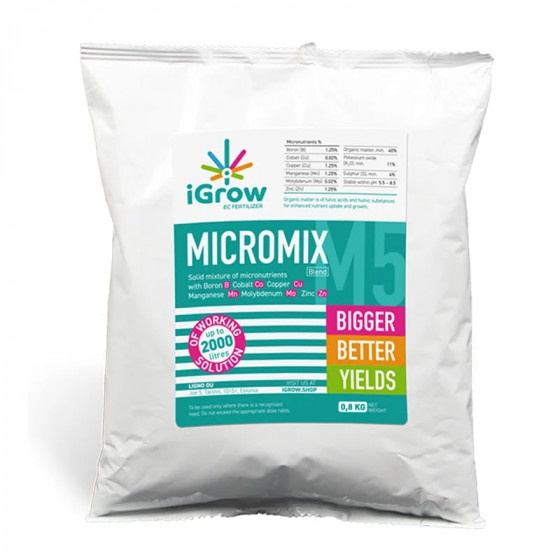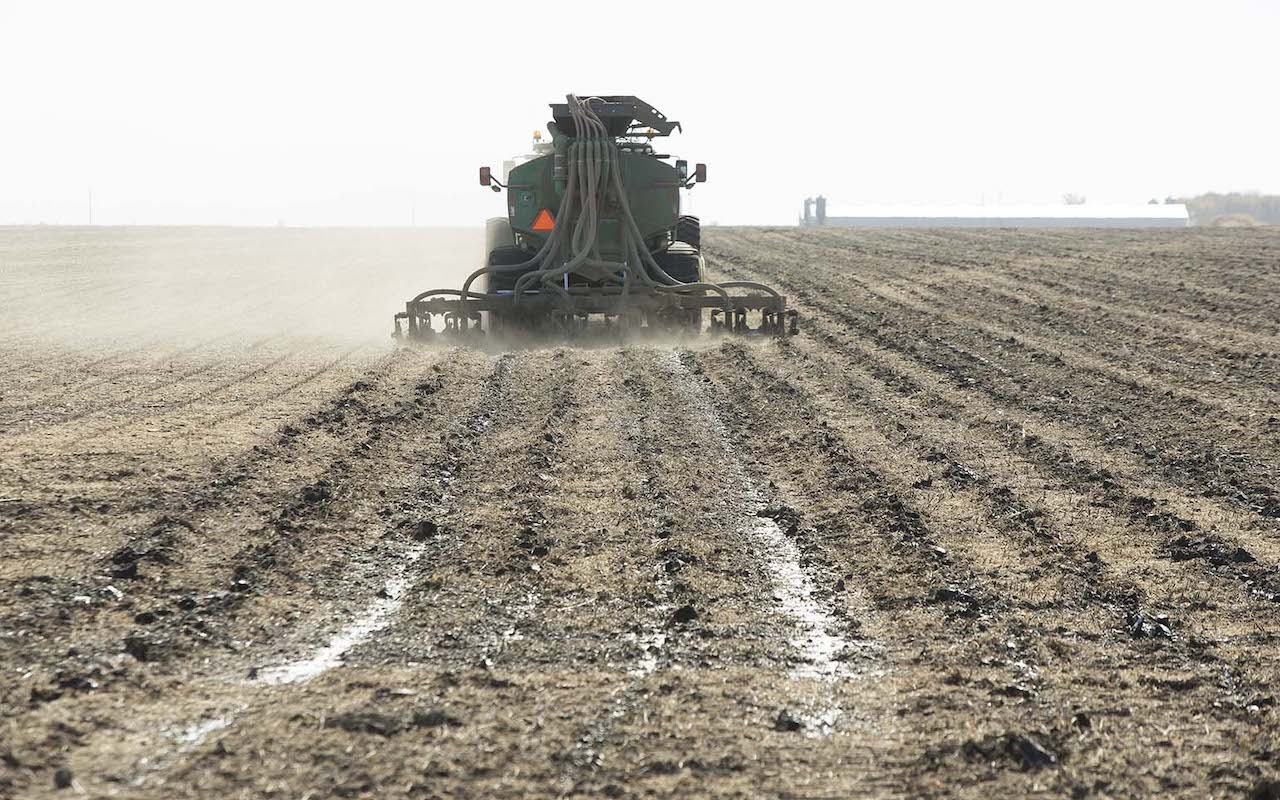
Understanding The Science Behind Organic Fertilizers for Industrial Hemp Production
Understanding The Nutrient Requirements for Industrial Hemp
For any plant to grow and develop, it requires specific nutrients. Nitrogen (N), Phosphorus (P), and Potassium (K) are the essential nutrients required by industrial hemp.
The NPK removal for hemp refers to the uptake of nitrogen, phosphorus, and potassium from the soil by the plant. These macronutrients are essential for the growth and development of hemp, a versatile plant that has been gaining popularity in recent years. Nitrogen promotes leaf and stem growth, phosphorus is necessary for root development and flower production, while potassium improves the overall health and resistance of the plant.
Although hemp is a hardy and adaptable plant, it still requires a balanced mix of NPK in order to thrive. Depending on the specific variety of hemp being grown and the soil composition, the desired NPK levels may vary. However, in general, hemp plants require higher levels of nitrogen during the vegetative stage and higher levels of phosphorus and potassium during the flowering stage. A ratio of 3:1:1 is the go-to for most strains, providing everything the plant needs to thrive. But, as the plant begins to flower, the nitrogen levels should be brought down while the potassium and phosphorus levels are increased. For early flowering stages, a ratio of 1:3:2 is ideal, while late flowering plants will benefit from a ratio of 0:3:3. So, whether you're growing your own hemp or want to ensure that the best practices are used for your CBD products, understanding the role of NPK ratios is vital.
Benefits of Organic Fertilizers in Industrial Hemp Farming
Organic fertilizers have a lot of benefits beyond just being eco-friendly. One of the major advantages of organic fertilizers is that they enhance soil quality and promote good microbial activity, which helps plants absorb nutrients more efficiently. They also release nutrients slowly over time, which ensures that plants have access to them when they need them most. Another benefit of organic fertilizers is that they improve soil structure, which leads to better water retention and reduces the risk of soil erosion. Overall, using organic fertilizers is not only environmentally responsible, but also helps to create healthy and strong plants.
Types of Organic Fertilizers for Industrial Hemp
There are various types of organic fertilizers, including:
- Compost - This is a natural and nutrient-rich soil amendment that is made up of a variety of organic materials, including leaves, grass clippings, food scraps, and other plant-based matter. Contrary to popular belief, compost isn't just a pile of rotting leaves and grass, but a nutrient-rich blend of organic matter. Decomposition produces humus that is rich in nutrients such as nitrogen, phosphorus, and potassium, making it an excellent growth medium for plants. NPK ratio of compost varies depending on the composition of materials used, but it typically provides a slow-release of nutrients that are ideal for hemp plants.
- Manure is another organic fertilizer for hemp farming. The type of manure you use will depend on what kind of nutrients you want to add to the soil. The average nitrogen, phosphorus, and potassium content in poultry litter is typically 3%, 2%, and 1%, respectively. By comparison, the average NPK content in cow dung is only 0.6% nitrogen, 0.2% phosphorus, and 0.5% potassium. When it comes to adding manure, it's important to avoid excess. Too much manure can lead to a number of issues such as nitrate leaching, nutrient runoff, excessive vegetative growth, and salt damage. Additionally, using fresh manure in areas where food crops are grown poses risks for contamination with disease-causing pathogens. Although hemp is not a food crop, it's important to take precautions by using only well-composted or aged manure when applying it to the soil.
- Fish emulsion is a liquid fertilizer that can be used to supplement hemp plants with nitrogen, phosphorus, and potassium without any risk of contamination from disease-causing pathogens. It's also an excellent source of micronutrients such as magnesium and calcium. The NPK ratio in fish emulsion is not standard across products, but usually contains a higher amount of nitrogen or phosphorus compared to potassium.
- Seaweed is one of the oldest organic fertilizers used by farmers, and still remains popular today. Seaweed's NPK is about 1-0-4, which means it's high in potassium and low in nitrogen. Seaweed cannot provide phosphorus to your crops because it does not absorb it from the seawater. However seaweed is an excellent source of trace elements, as well as natural growth hormones and phytochemicals that can help promote healthy root development.
- Green Manure is a type of crop that is grown specifically to be plowed back into the soil. It not only adds organic matter back into the soil, but also increases nitrogen levels. Legumes are a popular choice for green manure because they are able to fix nitrogen from the atmosphere and add it directly to the soil.
- Rock Dust is another great organic fertilizer for industrial hemp farming. It is made up of various minerals and trace elements that can help improve soil fertility, promoting better root growth and overall plant health. Rock dust also helps to keep soils loose and airy, further aiding in nutrient uptake.
Overall, understanding and utilizing organic fertilizers is one of the best things you can do to ensure healthy and abundant hemp harvests every year. Choosing the right type of organic fertilizer hinges on nutrient requirements, soil test results, and environmental factors.
How To Apply Organic Fertilizers for Industrial Hemp
Application of organic fertilizers depends on the type of fertilizer. Compost, manure, and rock dust can be mixed into the soil prior to planting, while fish emulsion and seaweed could be applied as a foliar spray after plants have emerged. Green manure is normally plowed back into the soil at the end of the growing season.
In general, it's recommended to apply fertilizer at least twice during the growing season. The first application should be done when hemp plants are about 6-8 inches tall, with a second one before flowering begins.
It's important to remember that organic fertilizers are typically slow-release, so the effects will not be seen immediately. Regular monitoring of soil quality and nutrient levels is crucial to ensure that hemp plants are getting everything they need for strong growth and development.
Finally, it's important to avoid over-fertilization with any type of fertilizer, organic or synthetic. This can damage roots, interfere with nutrient uptake, and inhibit the growth of beneficial microorganisms in the soil. In short, follow all directions on fertilizer packaging and use only what is recommended for best results.
Now you know
Understanding the science behind organic fertilizers is key to achieving a successful crop of industrial hemp. Complying with organic farming practices guarantees quality crops, reduces environmental pollution, and improves soil fertility. Always test your soil and select the appropriate organic fertilizer to ensure that you meet the nutrient requirements for your hemp crop.







